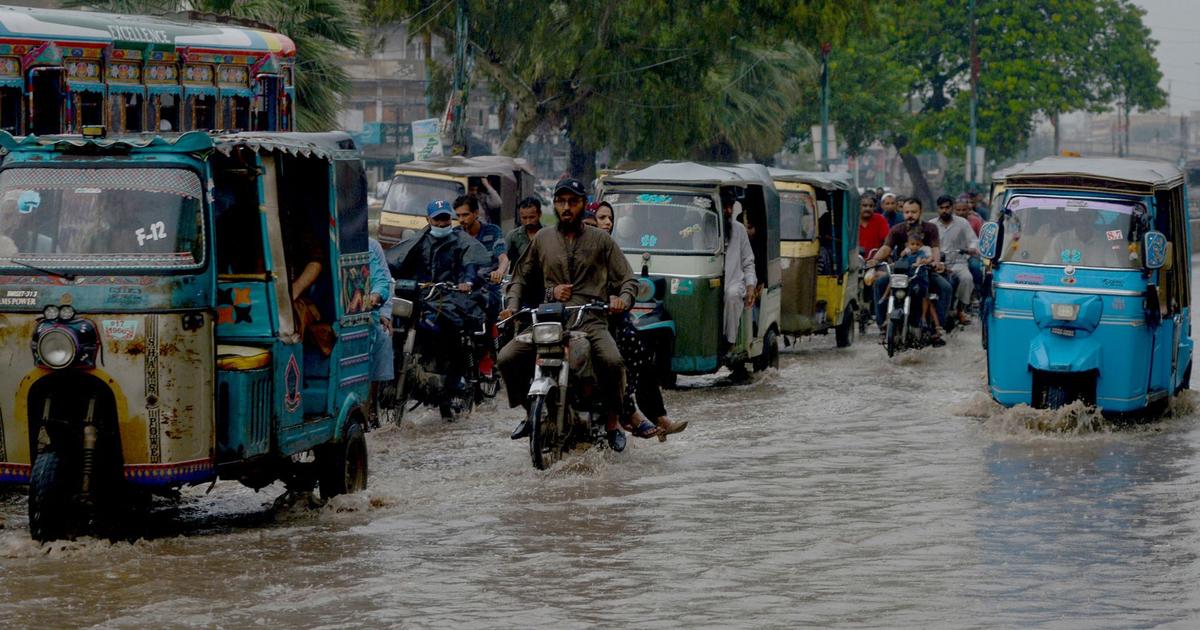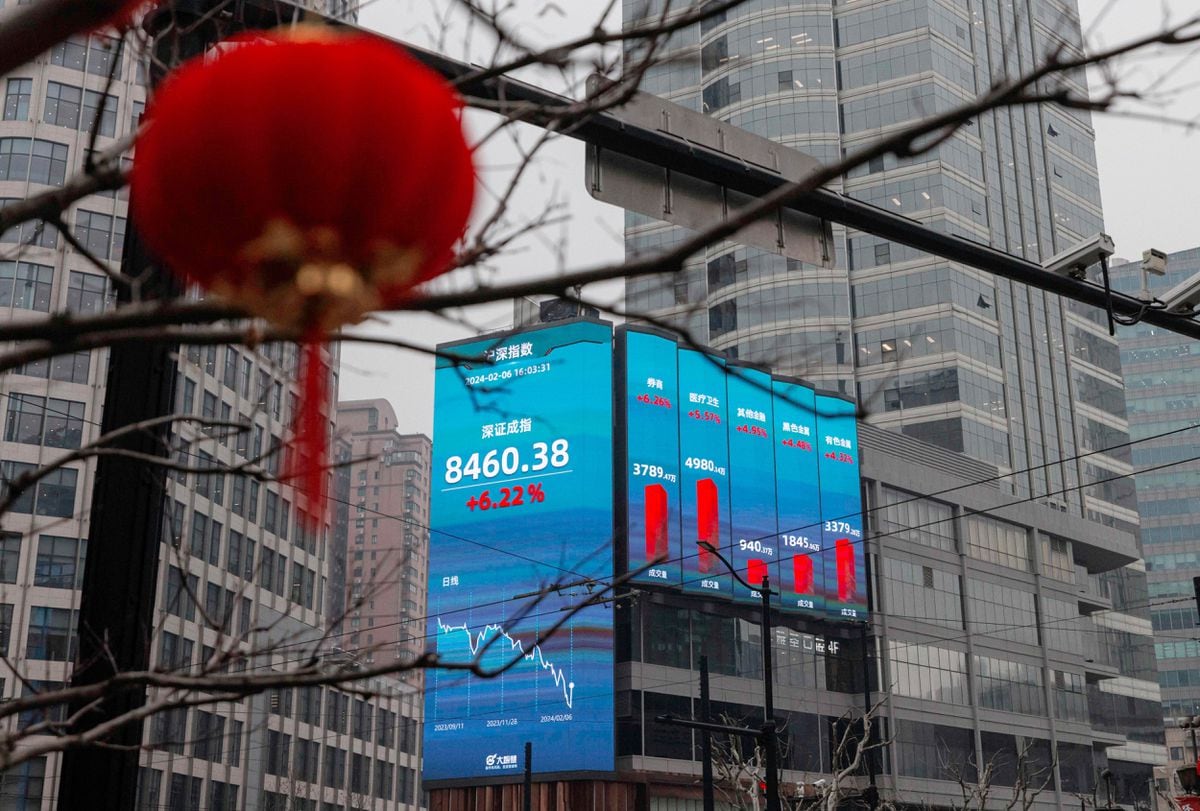Emerging and developing countries "are navigating dangerous waters," warns the World Bank, which publishes this Tuesday new economic forecasts.
They are bearing the brunt of slowing global growth, particularly China's downturn, rising global interest rates and high inflation.
The lasting effects of the pandemic are combined with the impact of the Russian invasion of Ukraine and the widespread tightening of monetary policies. The resilience of economic activity seen at the beginning of the year is expected to fade and global GDP growth is expected to slow from 3.1% in 2022 to 2.1% in 2023.
Growth in emerging and developing economies, excluding China, is expected to slow to 2.9% this year from 4.1% in 2022. Many countries, including India, South Africa and Egypt, have seen their forecasts lower than in January. The revision is particularly severe for Saudi Arabia, impacted by the fall in energy prices, Argentina caught in an inflationary spiral or Pakistan, which is paying a high price for the devastating floods.
The World Bank is concerned about the economic and financial deterioration of developing countries. Interest payments on debt absorb an increasing share of already limited government revenues, while public debt averages 70% of GDP.
Fourteen low-income countries are already over-indebted or at serious risk of doing so, warns the multilateral institution, which once again calls on the international community to accelerate debt restructuring. In more than a third of countries, per capita incomes in 2024 will still be below 2019 levels.





/cloudfront-eu-central-1.images.arcpublishing.com/prisa/3FI7KHR4GI7ABUOQDZ3ENWASZQ.jpg)









